Dr Sara Ashencaen Crabtree and Professor Jonathan Parker presented their research at the Joint World Conference on Social Work, Education and Social Development, in Melbourne, Australia, 9th-12th July 2014.
In a well-received paper concerning the importance of student social workers learning about the causes, impacts and ways of working with the consequences of terrorism, and the problems of rigidity in the current English curriculum, conference delegates were introduced to a two-year study which revealed that student participants felt that a more extensive and sensitive range of intervention tools needed to be taught and deployed via a coherent and nuanced understanding of the geo-political dimensions surrounding the construction of ‘global terrorism’, together with its potential impact on local populations and vulnerable communities. Research findings highlighted the importance of earlier generic community-based and therapeutic approaches, which were favoured above contemporary neoliberal emphases in English social work education concerning assessment, safeguarding and social policing. Addressing these findings would demand a much needed rebalancing of the curriculum to reinstate essential practitioner skills transferrable to a range of situations and crises – skills that have long been viewed as integral to the social work role by the international community. This research was published earlier in 2014 in the journal Social Policy & Social Work in Transition, DOI: 10.1921/4704030201, http://essential.metapress.com/content/26170w57262444gp/ and was reported in the Guardian on 25th June 2014 http://www.theguardian.com/social-care-network/2014/jun/24/how-can-social-work-education-address-terrorism?CMP=new_1194.
The second presentation reported aspects of the highly successful UK-Malaysian study of reactions to and cross-cultural learning from international placements, research that has challenged preconceived notions of anti-oppressive practices and demonstrates the need to move beyond post-colonial analyses of Western social work towards a post-post-colonial dialectic of shared and cultural appropriate practices. This research, funded by a British Council PMI2 grant, took place over three-years, with three separate cohorts of students supported by two Malaysian universities, Universiti Sains Malaysia on the peninsular and Universiti Malaysia Sarawak in Borneo. The success of this study which combined research rigour focusing on pedagogy with student mobility opportunities has been affirmed by the British Council as one of their most successful funded projects. This study has to-date produced a raft of publications: 2 book chapters, 5 peer-reviewed papers and 5 international conference presentations, including one keynote lecture. The latest research paper has just been published in the prestigious European Jounral of Social Work, Jonathan Parker, Sara Ashencaen Crabtree, Azlinda Azman, Dolly Paul Carlo & Clare Cutler (2014): Problematising international placements as a site of intercultural learning, European Journal of Social Work, DOI: 10.1080/13691457.2014.925849.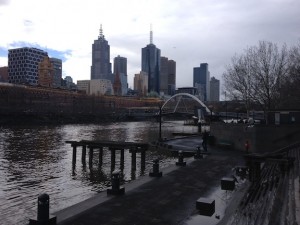
Jonathan Parker and Sara Ashencaen Crabtree

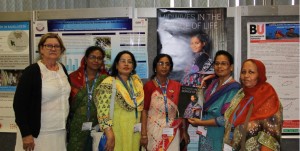



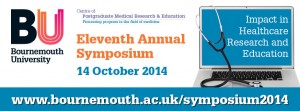
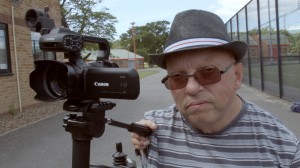
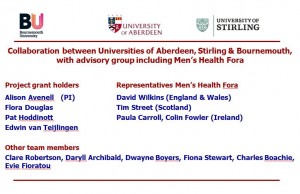
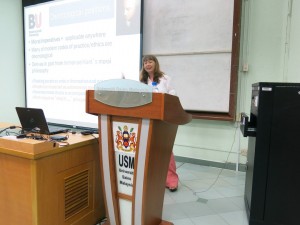
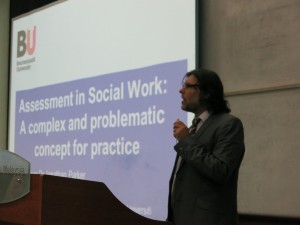
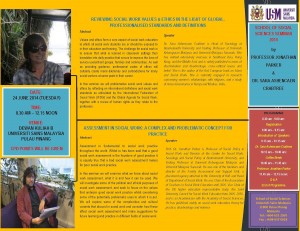
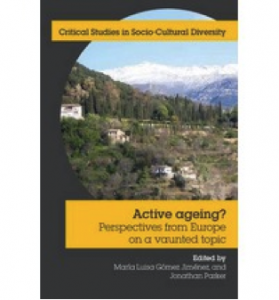

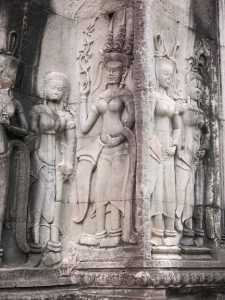
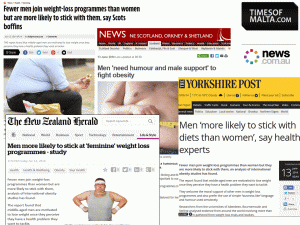
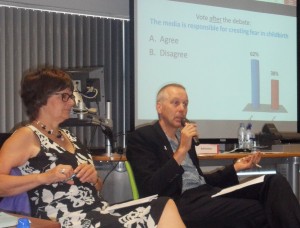

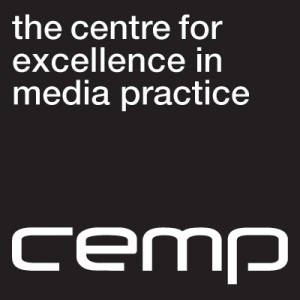


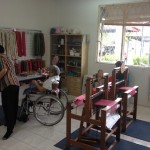
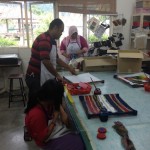

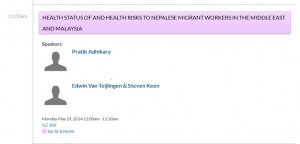











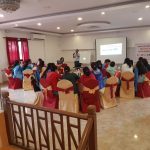 BU academic publishes in online newspaper in Nepal
BU academic publishes in online newspaper in Nepal Final day of the ESRC Festival of Social Science
Final day of the ESRC Festival of Social Science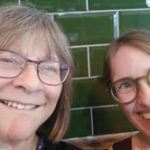 Using Art to enhance Research
Using Art to enhance Research Register now to attend the 17th Annual Postgraduate Research Conference – Wednesday 3 December 2025
Register now to attend the 17th Annual Postgraduate Research Conference – Wednesday 3 December 2025 ECR Funding Open Call: Research Culture & Community Grant – Application Deadline Friday 12 December
ECR Funding Open Call: Research Culture & Community Grant – Application Deadline Friday 12 December MSCA Postdoctoral Fellowships 2025 Call
MSCA Postdoctoral Fellowships 2025 Call ERC Advanced Grant 2025 Webinar
ERC Advanced Grant 2025 Webinar Horizon Europe Work Programme 2025 Published
Horizon Europe Work Programme 2025 Published Horizon Europe 2025 Work Programme pre-Published
Horizon Europe 2025 Work Programme pre-Published Update on UKRO services
Update on UKRO services European research project exploring use of ‘virtual twins’ to better manage metabolic associated fatty liver disease
European research project exploring use of ‘virtual twins’ to better manage metabolic associated fatty liver disease